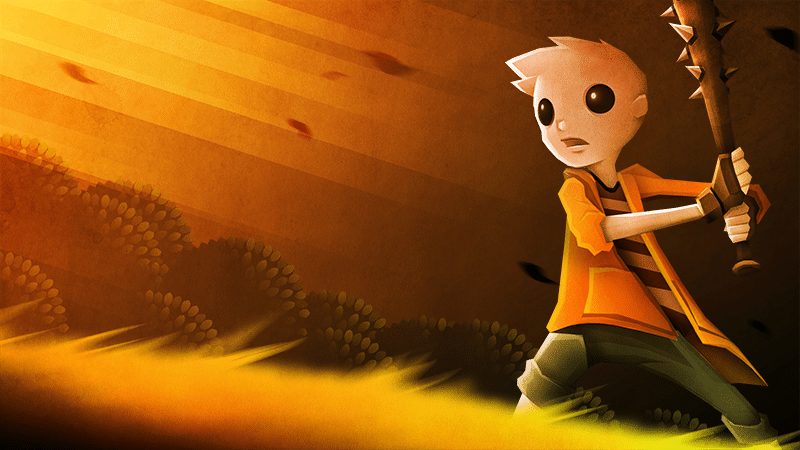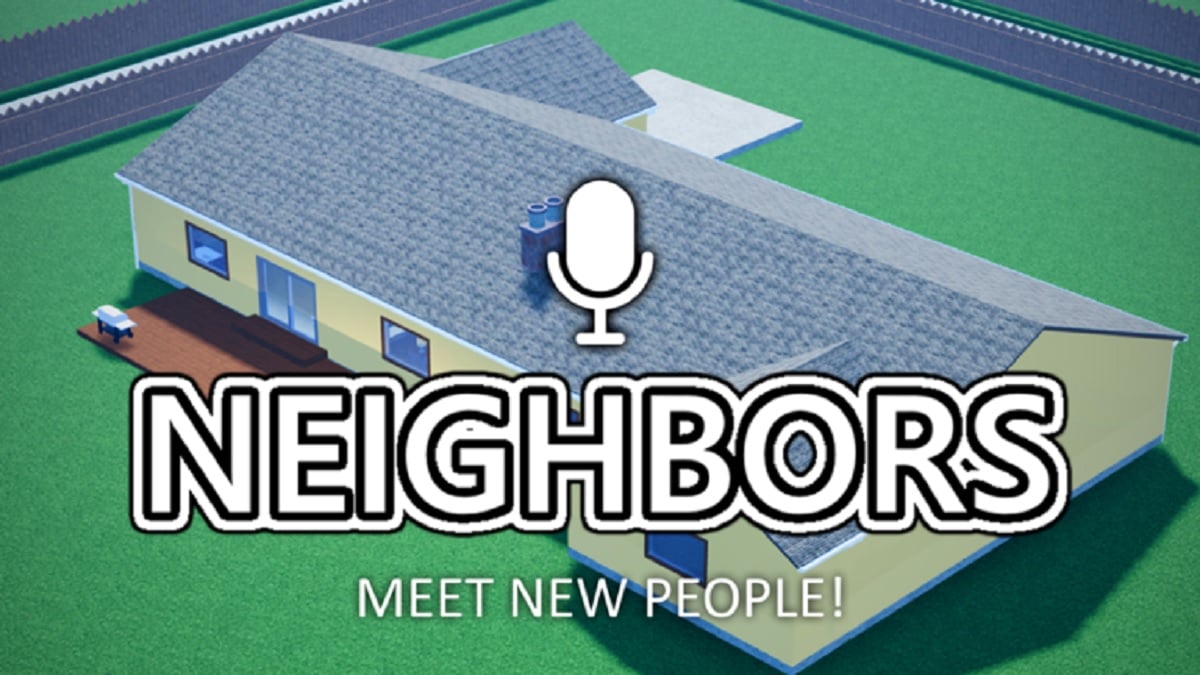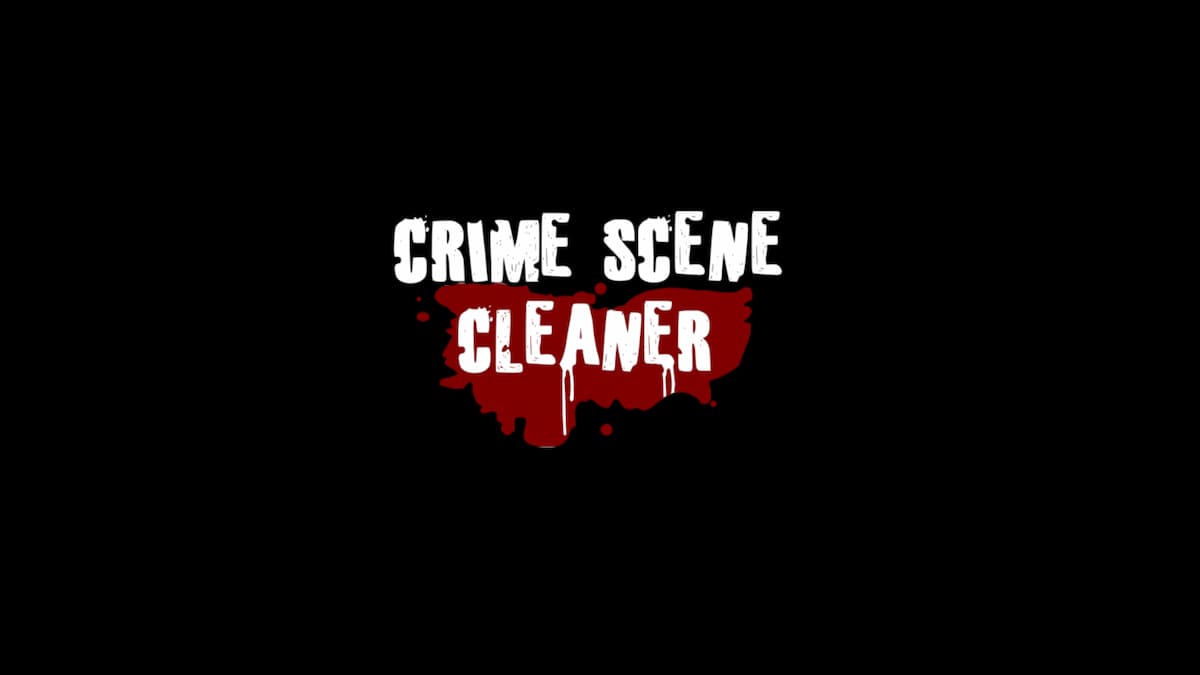Neversong Review on PC
Neversong, formerly known as Once Upon a Coma, has been a long time in the making, especially for those who saw its initial concept and backed the game on Kickstarter way back when. Luckily, it was worth the wait, offering a brief but worthwhile dive into a demented dreamscape.
The game’s premise is simple enough: Players take the role of Peet, a young boy who has awoken from a coma to find his home town of Redwind in disarray.
The sewers, forest and other nearby areas have been blocked off by strange obstacles, and filled with monsters big and small besides. All of the adults are either gone, driven mad or worse, and his girlfriend Wren has been kidnapped by a sinister figure known as Dr. Smile.
Eager to find Wren and left with no other options, Peet sets out to rid his home town of its problems and obstacles, unraveling darker truths the further into his journey he gets.
Most of this plays out in the form of a puzzle platformer. Though Peet doesn’t start out with much more than a jump, players unlock more moves and mechanics the further into the game they get. Some are combat items like a beloved baseball bat of Wren’s, while others are tools that can be used to interact with new parts of the environment.
It’s not the first indie game to follow this framework, but Neversong does an admirable job of applying its own personality to it. The game’s art style is both nostalgic and twisted, making for an experience that relaxes players one minute and unnerves them the next.
A casual jaunt through Redwind’s streets and a goofy interaction with the town’s kids can be quickly followed by battles with pulsing, quivering monstrosities. Playing a soft melody Peet and Wren made for each other can give way to a sprint through deadly traps and clicking mechanisms, or an unnerving silence as Peet sees or hears something he wasn’t supposed to.
This is only helped by the game’s sound design. In addition to melody-based puzzles which tie into the game’s plot, the OST and sound effects gradually becomes more somber and twisted with time. The relaxing tones of Redwind give way to fare that would be at home in a morgue or a cemetery, and it hammers home the growing unease that surrounds the player with each new step.
It all comes together to keep players on their toes, placing them at just the right distance to see the big picture of what the game wants to achieve.

It is worth noting, though, that Neversong isn’t without minor flaws.
Though the vast majority of the game runs silky smooth and without issue, there are times where a bug or glitch can pop up and take players out of the experience. None are game-breaking – at worst, a loading icon might stay on the screen until the game is reloaded – but it’s still something worth noting for those looking to have the best experience possible.
Likewise, the game leaves a lot of room for elaboration on characters and their sub-plots that never comes.
Neversong’s cast of oddball children is great, and many will stick with players long after the game is through. However, few get the time to shine that they could have, and fade into the background when they otherwise could have played much bigger parts in the overall story with even a few more lines of dialogue.
This applies to a lot of the game which isn’t tied to the main plot. For all of the great things it manages to do, it feels like players have barely scratched the surface of what could have been seen by the end of the game’s 4-6 hour runtime.
However, this only goes to show how much more there is to explore in this world, and how much potential there was for its original concept to be expanded upon even further.

Neversong is a great game, both for those who backed its initial concept and those looking for a fresh gaming experience. It’s the kind of game that’ll stay in the thoughts of those who play it long after the credits roll, and which shows the potential for indie games to do something fresh.
It’s a new example of what can come from Kickstarting gaming projects, and will likely remain a bright-spot in gaming’s memory for the foreseeable future.
For more information on how we review games, check out Twinfinite’s review policy here.
- Creative art style.
- Enthralling sound design.
- Well done story and concepts.
- On the shorter side.
- minor technical glitches.













Updated: Apr 2, 2021 02:31 pm